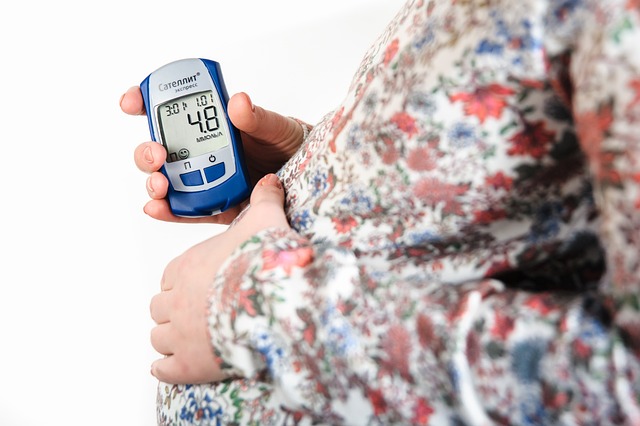Hey friends! So, let’s talk about something that’s becoming really important for many women today: fertility preservation. If you’re wondering what that is, it’s basically a way to save your eggs when you’re young, so you can use them later when you’re ready to start a family.
Recently, a new Fertility Preservation Program has been launched. It’s not just for women going through treatments like chemotherapy or surgeries that might affect their fertility. Increasingly, women are opting to freeze their eggs for personal or career reasons. This elective social egg freezing is gaining traction as it becomes more accessible and affordable.
The Process of Fertility Preservation
The process kicks off with a consultation, where experts assess your reproductive health. Then, you’ll take some fertility medications to stimulate your ovaries to produce multiple eggs. Once they’re ready, a doctor retrieves the eggs using a gentle procedure under sedation. The eggs are then frozen using a super advanced technique known as vitrification. This helps preserve their viability for when you decide to use them, ideally within ten years.
When you’re ready to conceive, the frozen eggs are thawed, and the in vitro fertilization (IVF) process begins. It’s pretty fascinating—six eggs are usually thawed at a time and fertilized with sperm from your partner or a donor using a method called intracytoplasmic sperm injection (ICSI). The best embryos are then transferred to your uterus, while any extras can be refrozen.
Success Rates and Considerations
Research shows that if women freeze their eggs before the age of 38 and have more than six in storage, they have a greater than 50 percent chance of getting pregnant. So, if you’re considering this option, it can be a real game changer.
This new program empowers women to take control of their fertility, allowing you to make choices based on your life’s timeline and personal goals. If you’re interested in more insights into motherhood, check out this post about the responsibilities that come with it. Also, don’t forget to look into fertility supplements; they can be a helpful addition to your journey. And if you’re curious about the broader landscape of fertility services, this is an excellent resource for pregnancy and home insemination.
Conclusion
In summary, fertility preservation is an invaluable option for women looking to safeguard their future family plans. It’s about taking charge and making informed decisions that align with your life.

